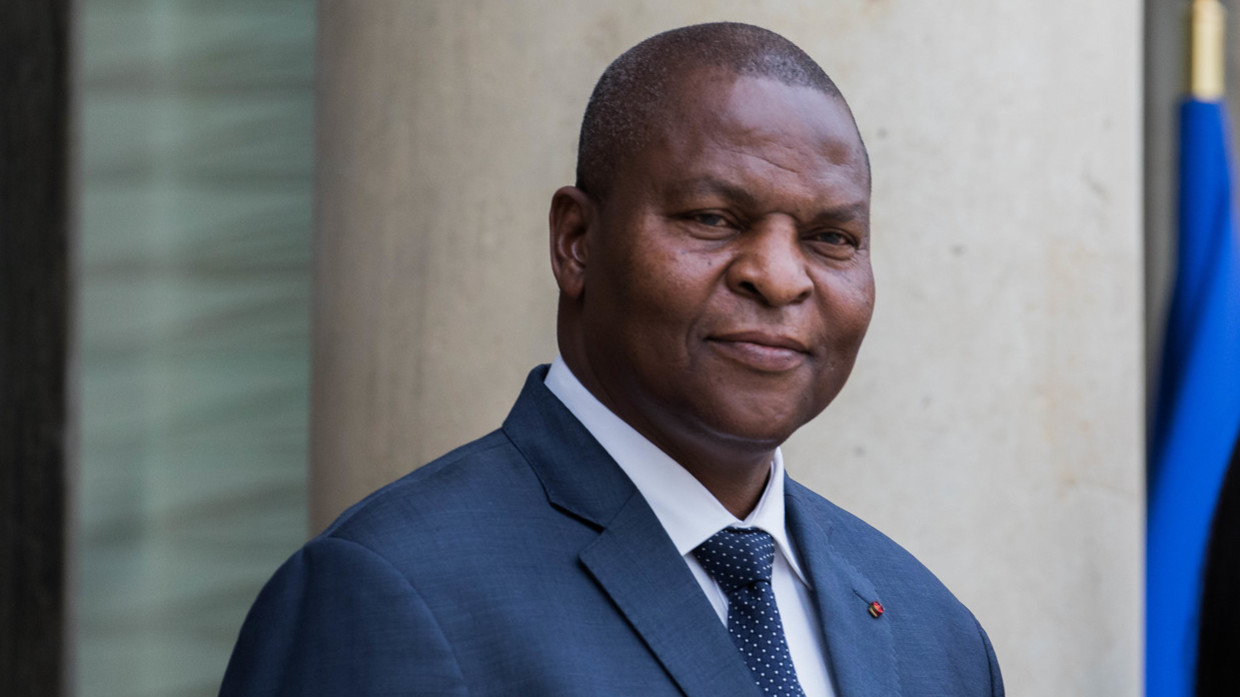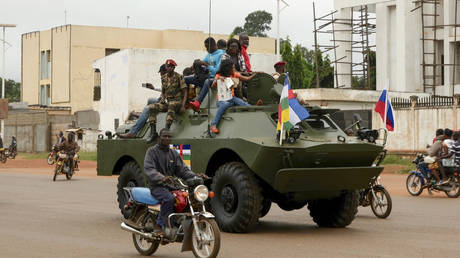The Central African Republic’s constitutional court has approved the results of a July referendum, extending its presidential term from five to seven years and enabling the head of state to run for re-election as often as they want.
The court announced on Monday that 95% of voters had endorsed the proposed constitutional amendments, which, among other changes, allows President Faustin Archange Touadera to run for a third term in 2025. The referendum turnout was 57%.
Presidential candidates who hold dual citizenships are now disqualified under the amended constitution, which also expands the composition of the supreme court from nine to eleven justices. It also introduces the role of a vice president, to be appointed by the president.
The Central African Republic is the latest African country to amend its constitution to allow the president to return to office, following Burundi, Uganda, Rwanda, the Republic of Congo, and the Ivory Coast.
Touadera, 66, was first elected in 2016 for a five-year term and and re-elected in 2020 for what was to be his final term in office, under the former constitution’s two-term cap. The president proposed the changes to the document last year, claiming that the existing one had failed to sufficiently reflect the population’s deep aspirations.
He formed a committee tasked with drafting a new charter, which the country’s Constitutional Court then annulled, having declared it unconstitutional. Touadera then dismissed the court’s president, Daniele Darlan, earlier this year, sparking criticism from opponents.
The political opposition have denounced the court’s approval of the referendum result, saying the constitutional changes are aimed at creating a “life presidency” for Touadera. The amendments have also been criticized by civil-society groups, citing the same concerns.
Human Rights Watch had warned in July that the referendum posed a threat to democracy in the country of nearly six million people, a former French colony with a long history of conflict and political instability.
The group accused the government of having allowed rallies by the president’s supporters while cracking down on opposition parties and civil-society organizations who protested against the constitutional changes.


